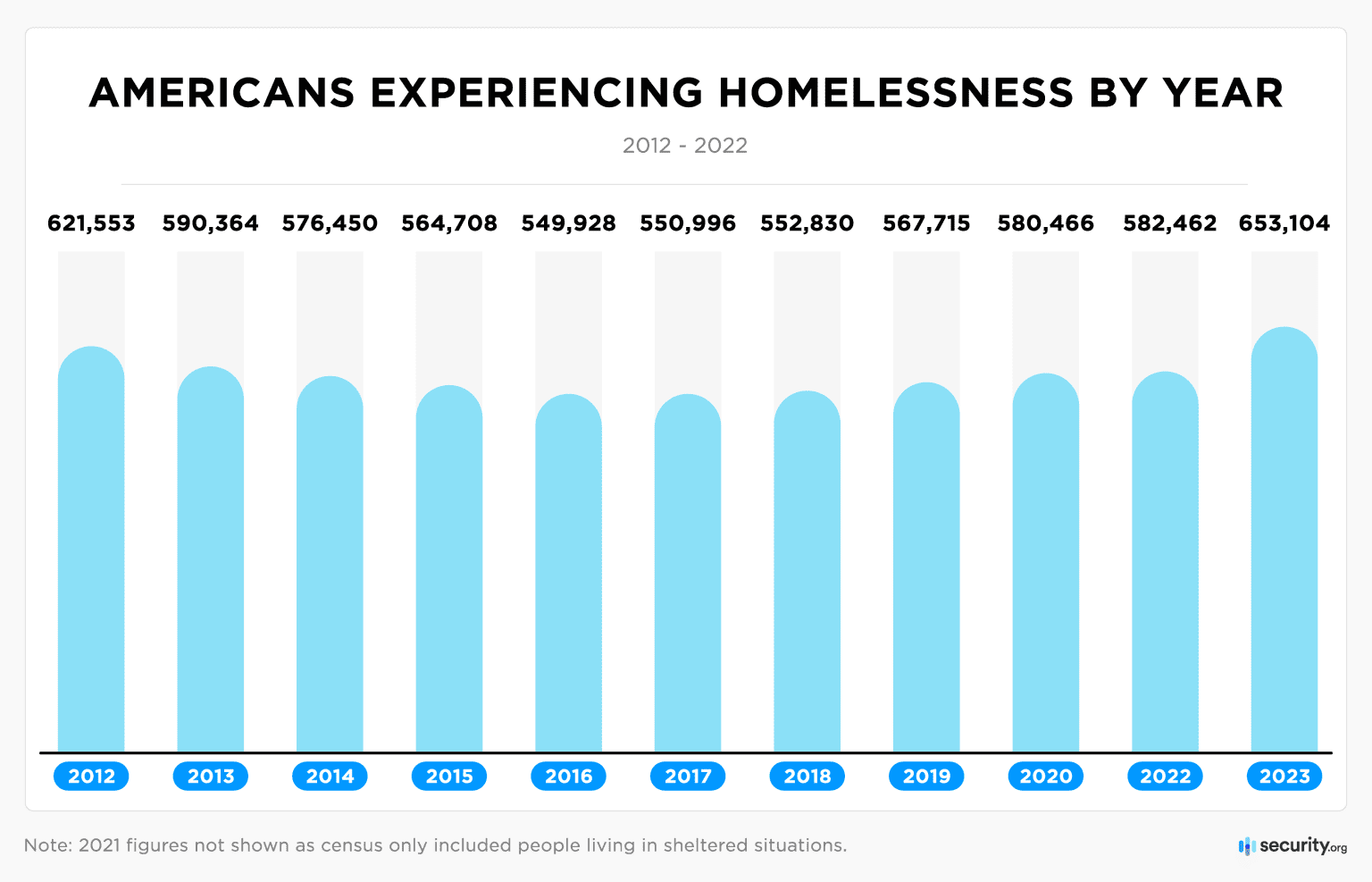Too bad prices are up 20% on average since 2020, and aren't coming back down. That the 2023-2024 inflation rate is only 3% doesn't matter when wages never caught up with the giant price jumps from the pandemic.
People are still hurting.
https://www.bankrate.com/banking/federal-reserve/latest-inflation-statistics/
Prices have risen 20.8% since the pandemic-induced recession began in February 2020, with just 6% of the nearly 400 items the Bureau of Labor Statistics tracks cheaper today.
That’s well above the historic average for a four-year period. For comparison, inflation rose 18.9 percent in the 2010s, 28.4 percent in the 2000s and 32.4 percent in the 1990s.

